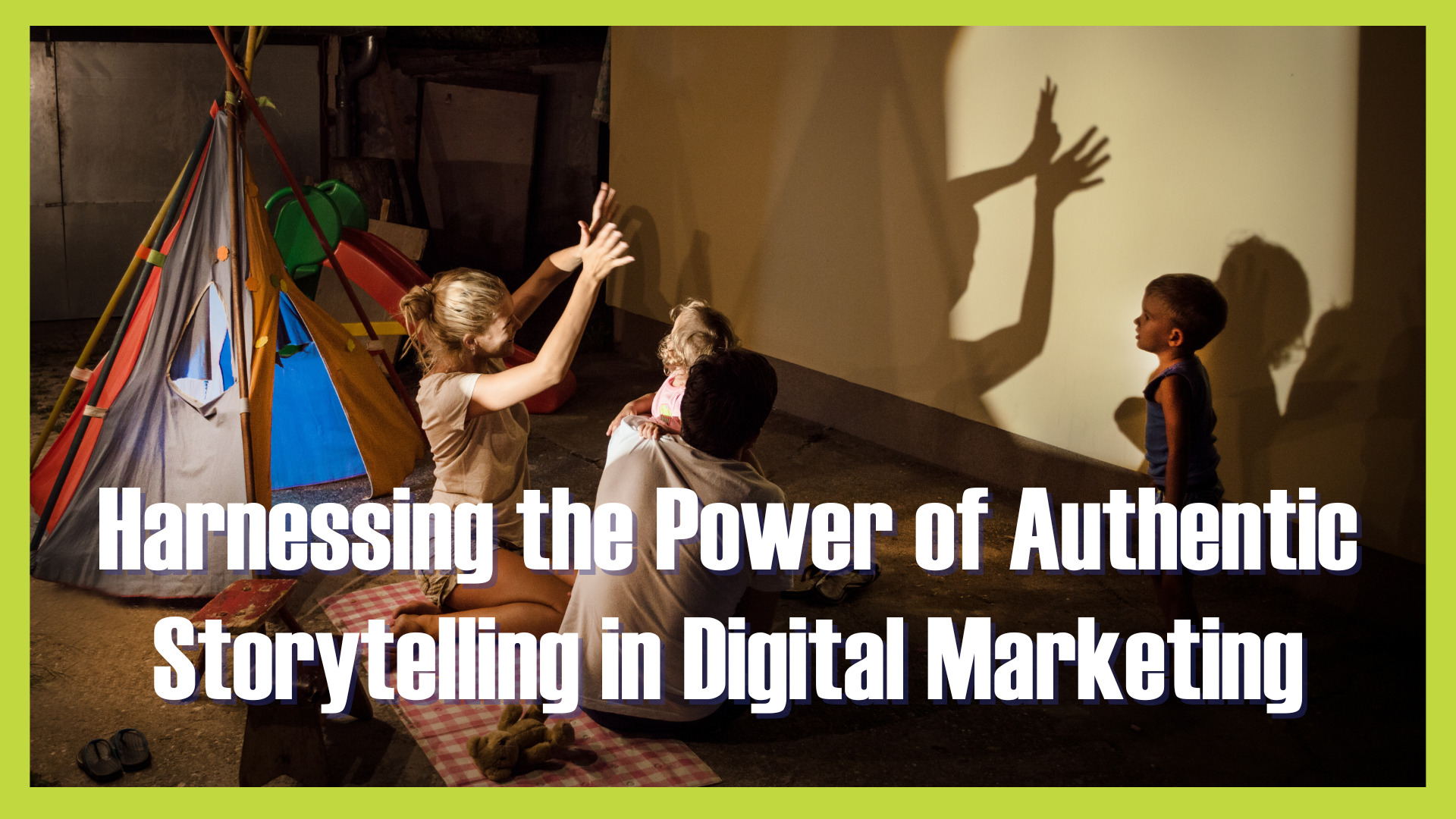Why blogging is just as important as having a website and social media
What is a Blog?
In one word – this. In three words – this right here. You are checking out a blog right now! OK, let’s get a little bit more serious and practical about what a blog is and why it should be a part of your marketing strategy.
Early on, a blog was mostly a personal web log or journal in which a person would share their experiences or opinions on a variety of topics, or provide advice and information. That form of a blog still exists and thrives, especially as a tool to promote a personal brand.
But nowadays a blog is also used to fulfill a business need as a regularly updated website or web page that drives traffic and grows your customer base.
“Blog is a regular feature appearing as part of an online publication that typically relates to a particular topic and consists of articles and personal commentary by one or more authors.” – Merriam-Webster
Now that we know what a blog is, let’s answer the question, “why would I need one?”
Why Would I Need a Blog?
Remember those days when people would ask, “Why would I need an email?” or “Why would I need a smartphone?” Well, if you have a business or a personal brand that you want to grow successfully, then blogging is an incredibly useful and versatile marketing tool. It is fairly straightforward to master, and can be kept as simple or as expansive as you’d like it to be.
Your blog is a way to share your ideas, thoughts, and expertise on a specific topic. Your blog posts can be shared on your social media, in your email campaigns, and with third-party sources, growing your influence as a subject matter expert and industry leader. Blog also allows you to rank on search engines, driving traffic to your website, and converting that traffic into leads.
Every drop of blood, sweat, and tears required to grow a blog is worth it.
Let’s look at how to start a blog (without actually bleeding, sweating, or crying).

5 Steps to Blogging
1. Define your audience
Here at Rock Harbor Marketing, we provide helpful tips and practical advice for businesses, nonprofit organizations, and brands that are interested in improving their digital marketing. If you flip through our blog posts, you will see that every one of them is written with that audience in mind. Think about who you want to reach and what kind of information you want to share with them. You want to build up an audience that will keep coming back because they trust you as an authoritative source of information.
2. Select your topics
Worried about writer’s block? Don’t be – there are myriad topics you can tackle. Start with the questions that your customers most frequently ask and expand each one into a blog post. Provide a detailed guide on how to excel in something. Share your own success stories or those of your customers who benefitted from using your services. List the top 7 solutions to a problem or the 5 best ways to prevent the problems from happening. Feature your products, events, and services. Unleash your inner nerd and you will never run out of inspiration!
3. Set your blogging frequency
Ignore the advice that tells you to blog twice a week or more, at least at the beginning. Look at your calendar and decide what is manageable for you. It’s OK to build up slowly, with one or two blog posts a month. Don’t expect instant results – it will take some time to grow your audience. Just make sure to keep consistent and keep going!

4. Consider the type of content you want to share
You don’t have to be an award-winning author to have a successful business blog. Great content is all about answering the questions of your audience and helping them find the solutions they need. You can do this by sharing your videos, podcasts, interviews, infographics, current events, contests and giveaways, and more.
5. Use your blog content across your digital media
Don’t keep the content you create strictly on your blog – use it on your social media platforms, in press releases, email campaigns, and in third-party sources.
All of this helps you to start a conversation, build credibility, and create a community of customers who will become your advocates and ambassadors. And if you are not sure about all those pesky technical aspects like domains, web hosting, and blogging platforms, we are here for you!





Recent Comments